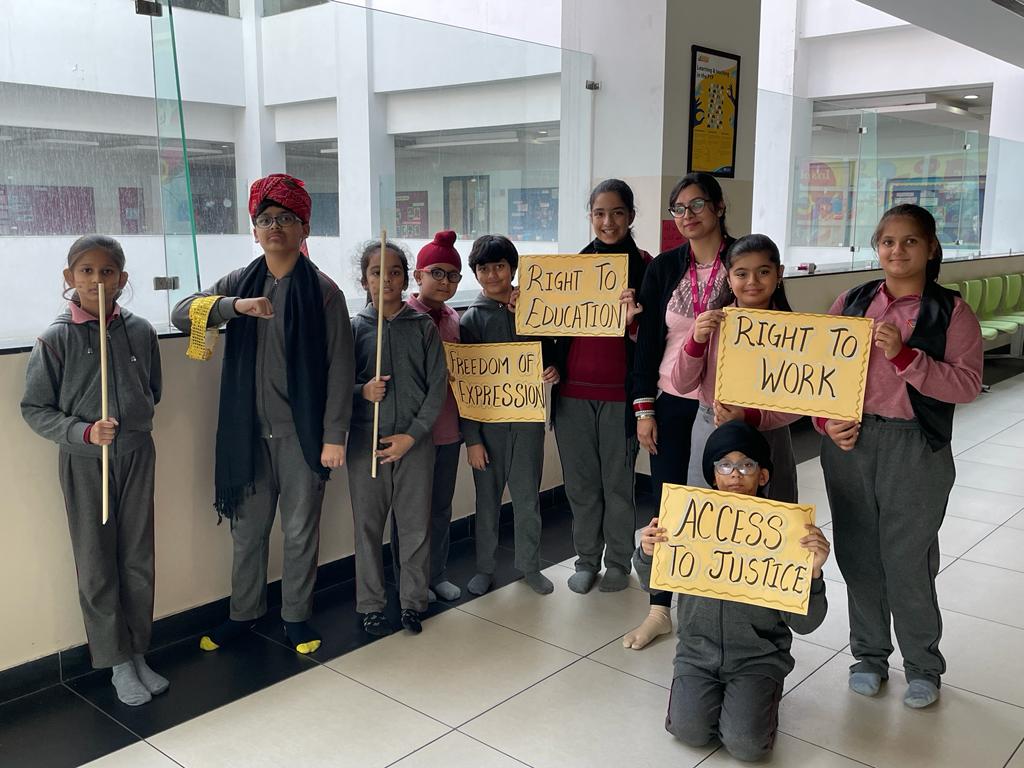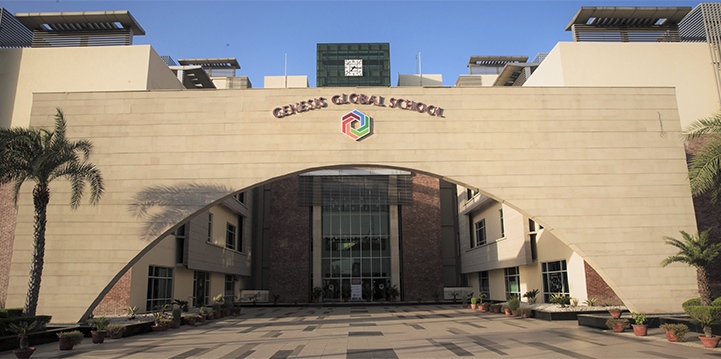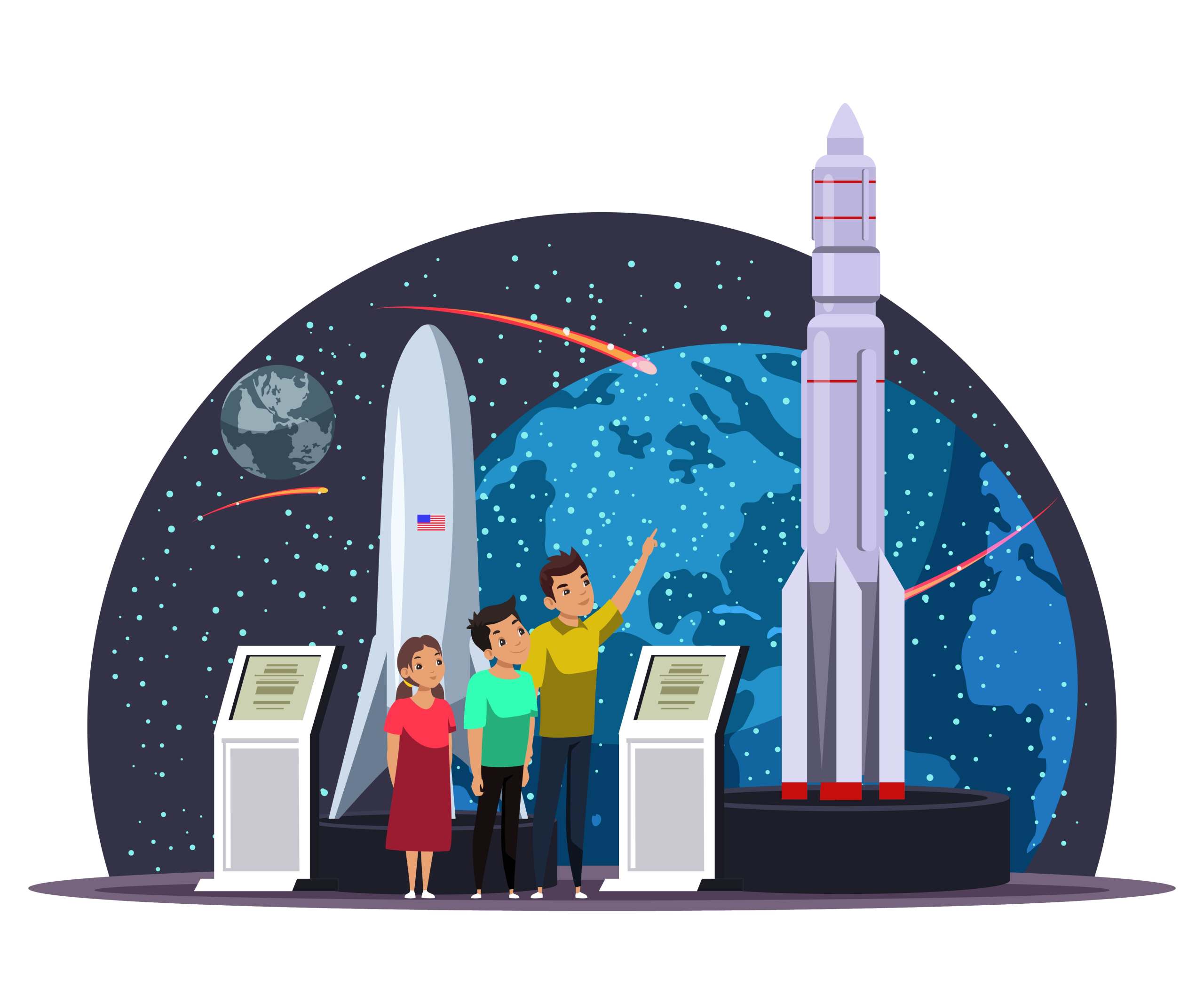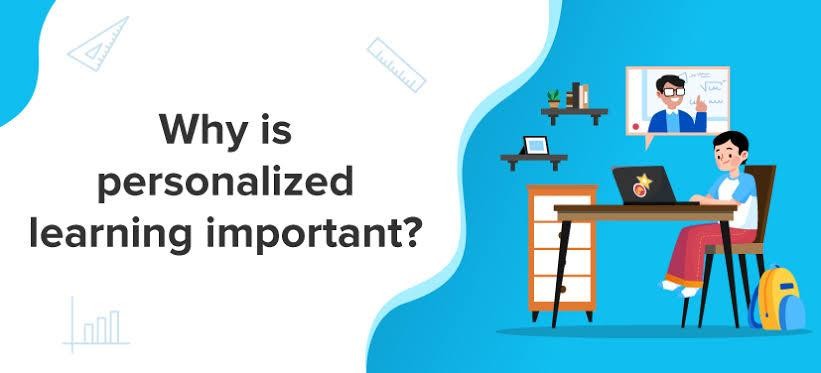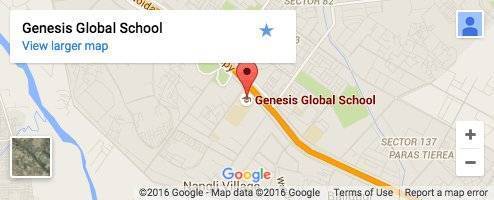Should students be taught a third language?

In a country where the cuisine, culture, language, and dialects change every few kilometers, proficiency in multiple languages is a critical skill that is futuristic and also leads to the honing of other skills. Therefore, the ‘Three Language Formulae’ in the education system, as encouraged by many boarding school in Delhi, is required in the current time when diversity, equality, and inclusion are essential to build a more responsible and accessible future.
As a part of the National Education Policy (NEP) 2020, the Three Language Formula emphasizes on educating students in their native language for better grasp, knowledge and understanding. It also aims at controlling the dropout rates as learning a new language can be daunting and lead to disinterest and create a stronger foundation for literacy and numeracy.
In this backdrop, interestingly, a recent survey by Macmillan Education India revealed that approximately 86% of teachers in North India want to teach multilingual. Even the industry is looking at professionals and workforce that are multilinguistic. The reasons are manifold. It’s the most evident guarantee for a job within a corporate or an MNC with a foothold on foreign soil as multilingual professionals have sharper cognitive skills, get along well in teams and as leaders, they are adaptive, agile, empathy driven and have a multi-disciplinary approach besides having problem solving skills.
Some of the reasons why multilingualism is the way of the future are:
Academic Boost: When it comes to vocabulary and reading, multilingual students tend to have higher scores and skills as compared to their monolingual peers. Having multilingual knowledge means that they can use their prior understanding and information to grasp concepts better.
Sharp Communication Skills: Students learn to listen to others instead of merely hearing what they have to say. It’s a big differentiator because their speaking, listening skills & body language get honed. The students learn to be more flexible, open-minded & accepting of others instead of being judgmental. They also learn to embrace differences and respect others.
From an early age, the students grasp the concept of equal rights and the importance of respecting individuals from varied backgrounds. Consequently, they internalize essential values like acceptance, equality, respect, empathy, and tolerance, shaping their character positively.
Enhanced Cognitive Abilities: Multilingualism has a very powerful and positive impact on the memory, retention, focus, concentration, problem solving, reasoning and critical thinking abilities in young learners. The students can not only pick up new skills faster, but they also demonstrate increased improvement in their ability to understand situations from multiple standpoints, show more creativity and also have more rational decision-making skills.
More culturally aligned: From a very early age, the students pick up some lifelong learnings that are critical for their personal and professional growth. Besides understanding that everyone—regardless of any difference- has equal rights, they learn that respecting difference in any way –is an important value and life skills. Therefore, by getting this nourishing environment, they learn values like acceptance, equality, respect, empathy, tolerance, confidence and also boosts their self-confidence.
Secondly, it also gives these young learners a sense of validation and differences between cultures are accepted in a more fair and balanced way. Most importantly, students learn to express their curiosity by having open conversations and discussions with an element of respect and sensitivity. It is also a big learning to become a more responsible and unbiased citizen.
Therefore, the inclusion of multiple languages in the best CBSE school , including schools in Noida Expressway, goes beyond mere linguistic competence, and it’s more about preparing the future change-makers with the essential skills to excel in an increasingly interconnected world, where there are challenges at every turn. By developing cognitive aptitudes, the promotion of cultural appreciation, and the enhancement of global employability, multilingual education charts a course toward a brighter future.
Popular Posts
Recent Posts
Archive
- January 2025
- December 2024
- November 2024
- October 2024
- September 2024
- August 2024
- July 2024
- June 2024
- May 2024
- April 2024
- March 2024
- February 2024
Newsletter
 A1 and A12, SECTOR-132,EXPRESSWAY, NOIDA (201304)
A1 and A12, SECTOR-132,EXPRESSWAY, NOIDA (201304)
 +91-9711000498 / 560 / 625 / 626
+91-9711000498 / 560 / 625 / 626
 info@genesisgs.edu.in
info@genesisgs.edu.in
- Contact Us
- Address
- Mobile Number
- +91-9711000498 / 560 / 625 / 626
- info@genesisgs.edu.in
© Copyright 2018, all rights reserved with Genesis Global School

